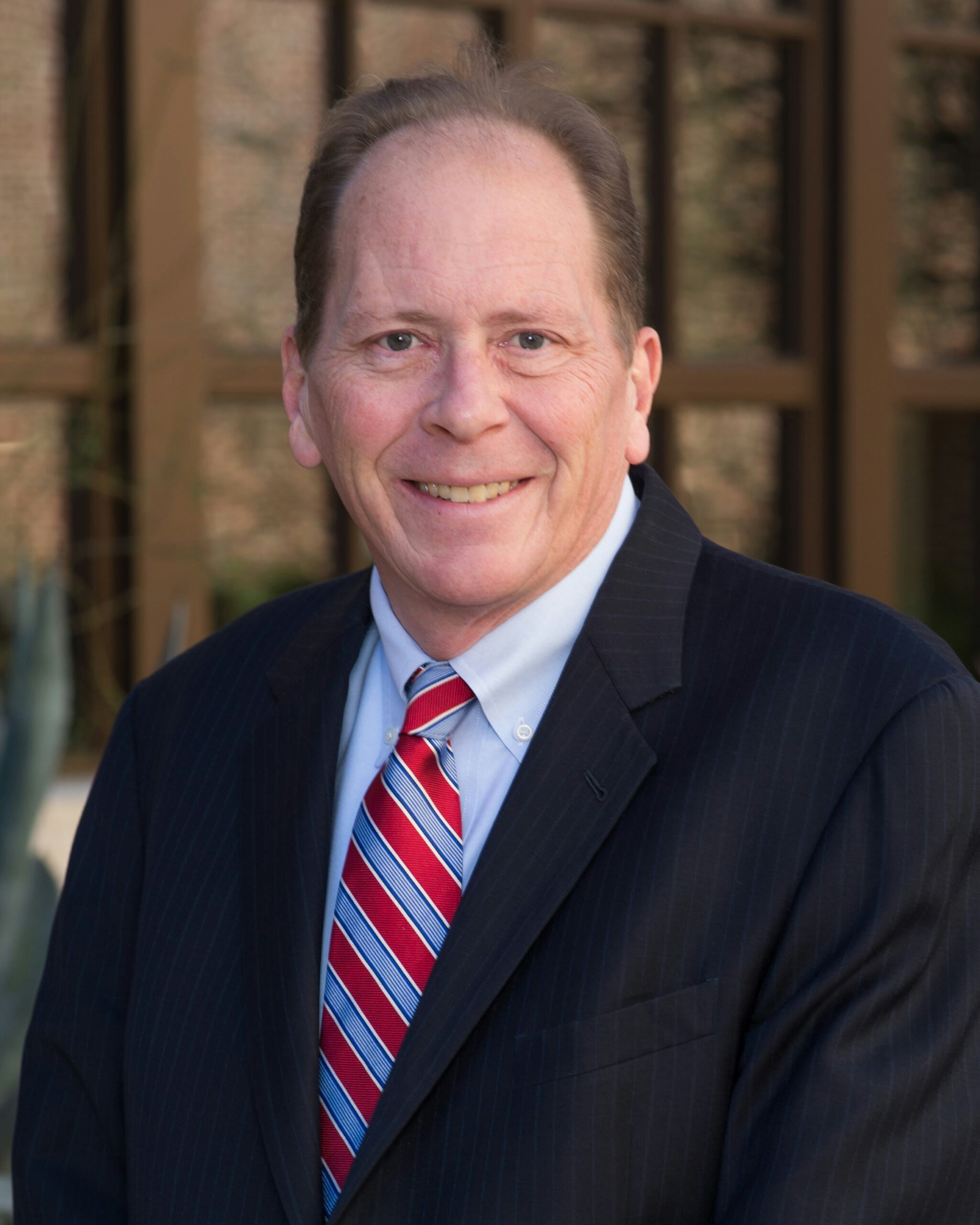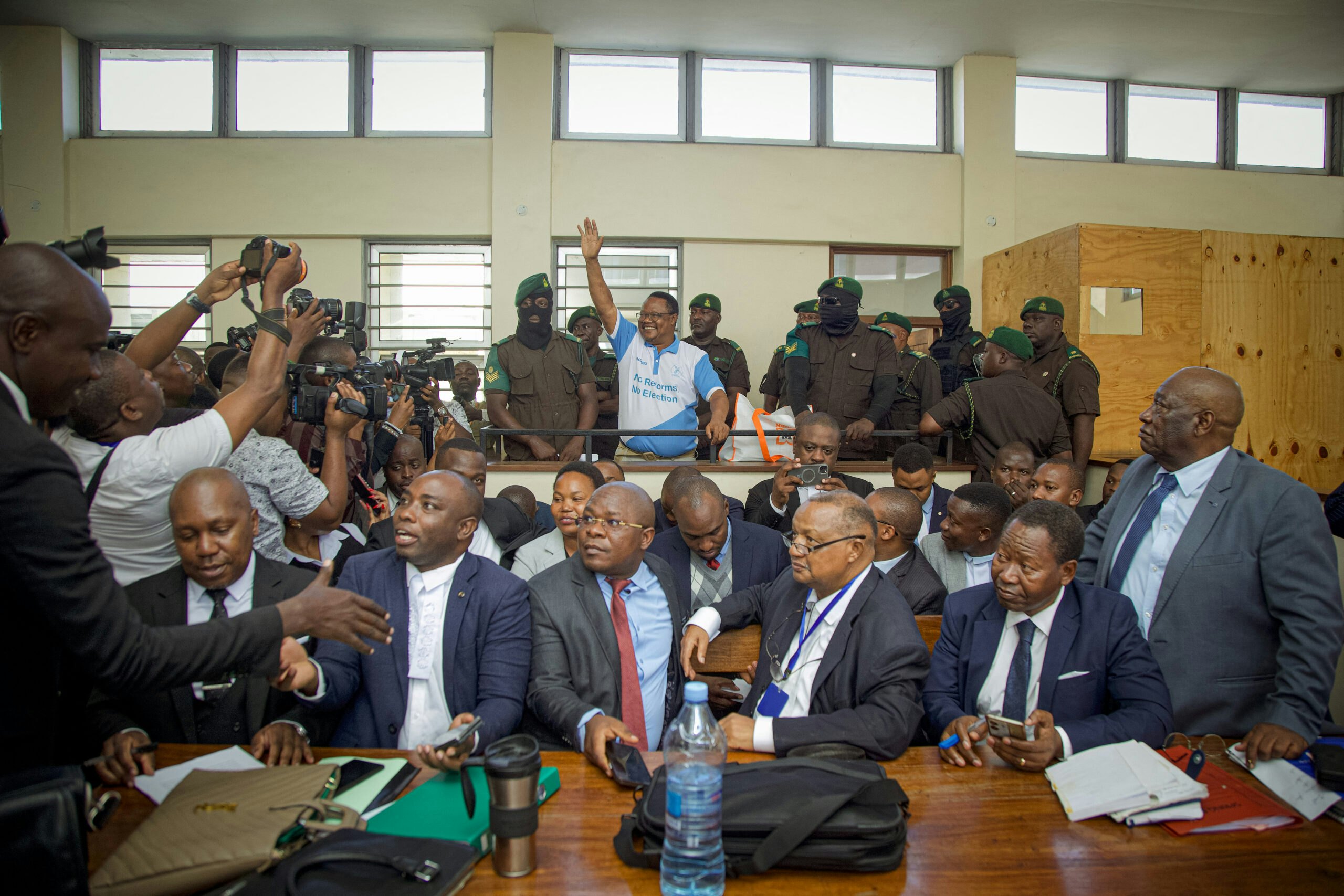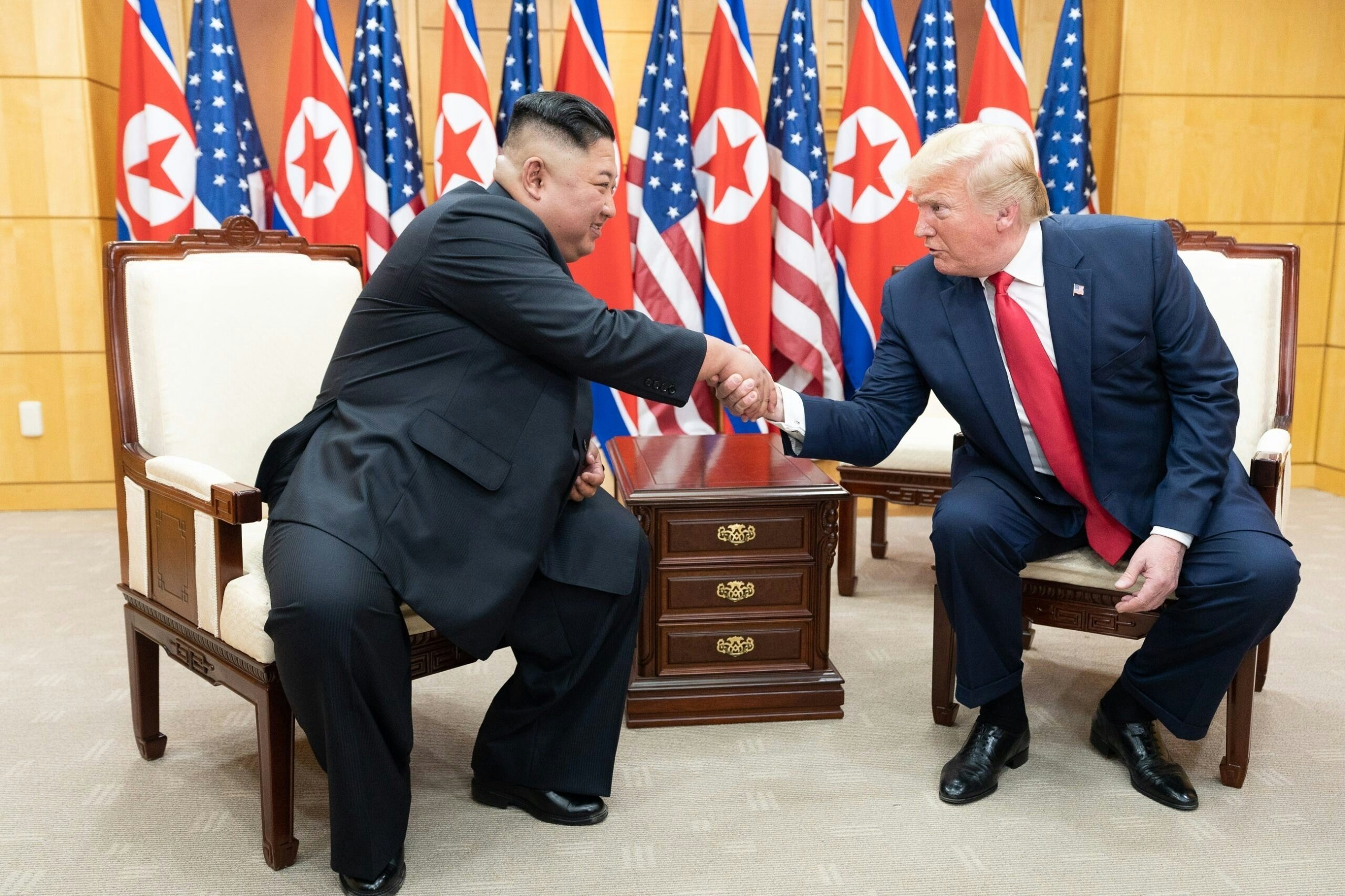The Bradford M. Freeman Director of the Human Freedom Initiative, Lindsay Lloyd, breaks down the latest news out of Hong Kong.
What is happening in Hong Kong?
On July 1, 1997, the United Kingdom returned Hong Kong to China’s control. The handover came with strings, however. China pledged that for 50 years – until 2047 – that Hong Kong would preserve many of the institutions that made it into an international powerhouse under British colonial rule. Hong Kong would retain its capitalist system, independent currency, and basic freedoms including the rights to free speech and assembly. The rule of law would continue in Hong Kong, under an independent judiciary.
While Hong Kong has never been a democracy, its people have enjoyed vastly more freedoms than those living in China.
In recent days, China has effectively ended what was called “one country, two systems.” Hong Kongers, especially the younger generations, have long resisted Beijing’s ongoing attempts to curb their city’s autonomy and freedom. Exercising and protecting their freedoms, the people of Hong Kong have spoken, written, published, and demonstrated in large numbers. In 2014, large demonstrations known as the Umbrella Protests arose to fight Beijing’s moves to further limit the already limited power for Hong Kong to choose its leaders in elections.
Last year, Hong Kong was largely paralyzed when massive protests arose after Beijing attempted to introduce new procedures to allow political offenders to be extradited to China for trial. This latest wave of protests has at times been violent and the authorities have responded with violence.
For the Chinese Communist Party and its leadership, Hong Kong has increasingly represented an intolerable challenge to the authority of the state. On June 30, the Chinese government imposed a new National Security Law on Hong Kong, bypassing the Hong Kong legislature and essentially destroying its semi-autonomy. Allegedly enacted to fight terrorism, separatism, and foreign influence, the new law creates a series of new political crimes, weakens or eliminates due process and the rule of law, expands surveillance tools for the authorities to limit free speech, and establishes a new court and security forces under a new security council controlled by China’s central government.
Why should Americans care?
At a time when our country is distracted by the COVID-19 pandemic and nationwide protests over racial injustice, China has moved to strip nearly 7.5 million Hong Kongers of their freedom.
The United States has little leverage to affect the situation, apart from revoking certain preferential trade and economic benefits and treating Hong Kong more like what it now is, as part of China proper, where the rule of law and basic freedoms do not apply. China’s government has no tolerance for dissent and the crackdown on Hong Kong is just the latest example.
The loss of freedom, even limited freedom as in the case of the Hong Kong, is a chilling moment. As we prepare to celebrate our freedoms on July 4th, the events in Hong Kong should remind every American that democracy and freedom are always fragile and can only be sustained when citizens are engaged and vigilant.































